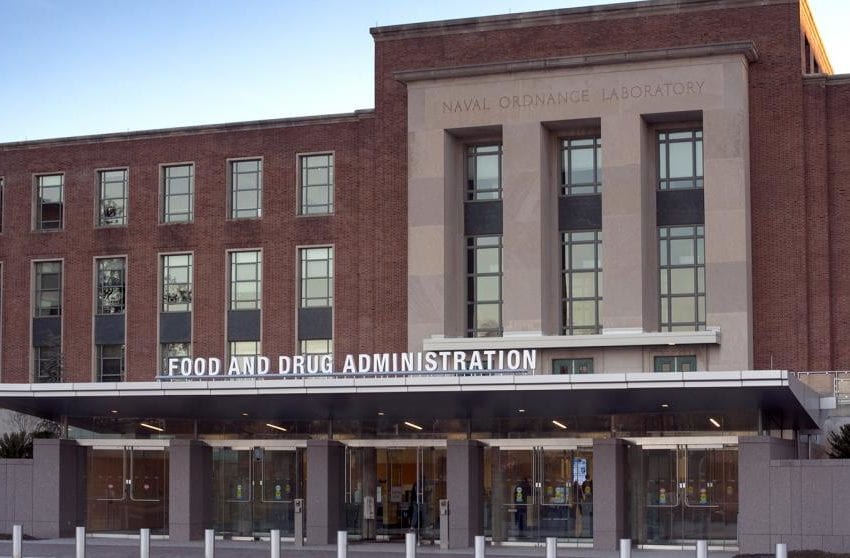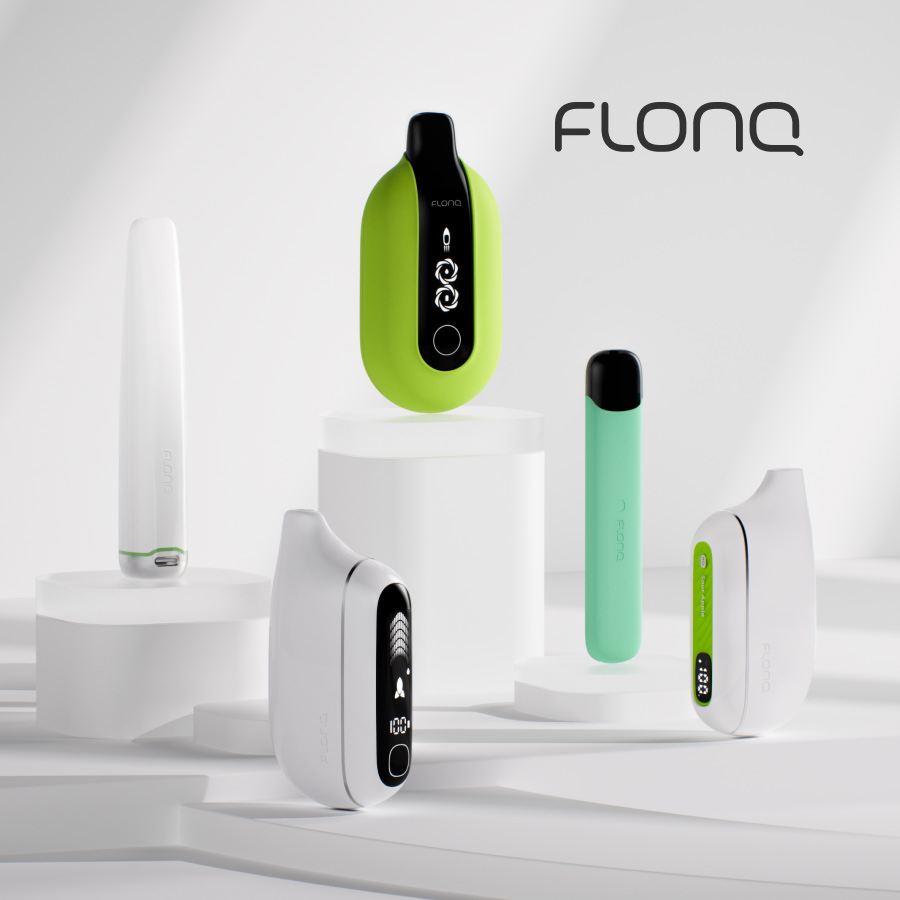Vapor Products Total 46% of All 2021 FDA Warning Letters
- News This Week PMTA
- April 9, 2021
- 4 minutes read

Credit: FDA
In the first quarter of 2021, from Jan. 1 to March 31, the U.S. Food and Drug Administration (FDA) issued and posted a total of 166 warning letters. Compared to the same time period in 2020, only 97 total warning letters were issued. In 2020, the 139 letters issued by the Center for Tobacco Products comprised 22 percent of all warning letters issued by the FDA.

In the first quarter of this year, 80 of the 166 letters [that number is now 82], or 46 percent of warning letters, were related to tobacco products. The vast majority of products at issue were e-cigarette or e-liquid products that violated the FDA’s requirements for premarket approval before sale in the U.S.
In virtually every warning letter for a tobacco product issued during the period under consideration, the FDA cited the manufacturer because their e-liquid products were considered new tobacco products, and had not submitted a premarket tobacco product application (PMTA), and were not subject to an exemption from the rule, according to Katie Insogna, an analyst with law360.com.
As a result, the products were considered adulterated under Section 902(6)(A) of the Food, Drug and Cosmetics Act (FDCA). The agency also flagged many of these products for being misbranded under Section 903(a)(6) of the FDCA, because a notice or other information respecting these products were not provided as required by Section 905(j) of the FDCA.
Manufacturers are responsible for ensuring their tobacco products and all related labeling and/or advertising — including on websites, social media and search engines — comply with each applicable provision of the FDCA and the FDA’s implementing regulations. In many of the recent warning letters, the agency acknowledges that the recipient is a registered manufacturer with thousands of products already listed with the FDA.
As is customary in the case of most FDA warning letters, the agency has typically provided 15 working days for companies respond. Failure to address any violations may lead to regulatory action — including, but not limited to, civil money penalties, seizure and/or injunction. Because many of these companies already maintain authorizations for other tobacco products, they run the risk of additional regulatory scrutiny and negative action when they are flagged for selling unauthorized products, writes Insogna.
Many of the FDA’s warning letters centered on Covid-19-related products making false claims. Like Covid-19-related products, tobacco products — especially vaping products — are receiving exceptional regulatory scrutiny. Companies marketing products in both of these categories should be particularly cautious of applicable federal regulations, to avoid negative action.
